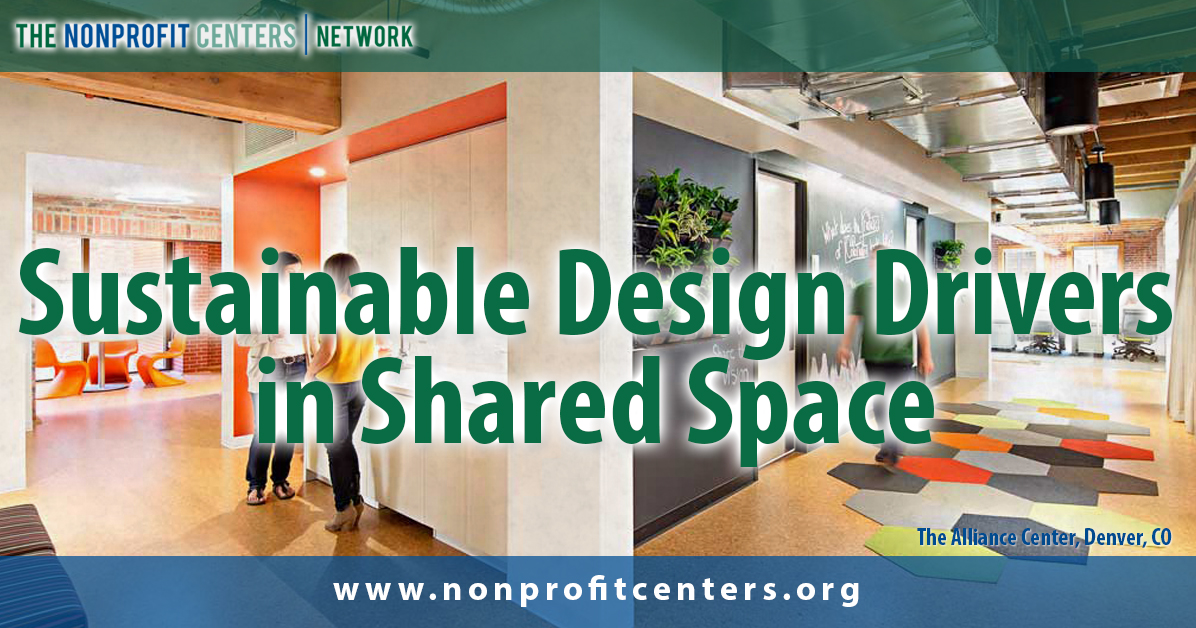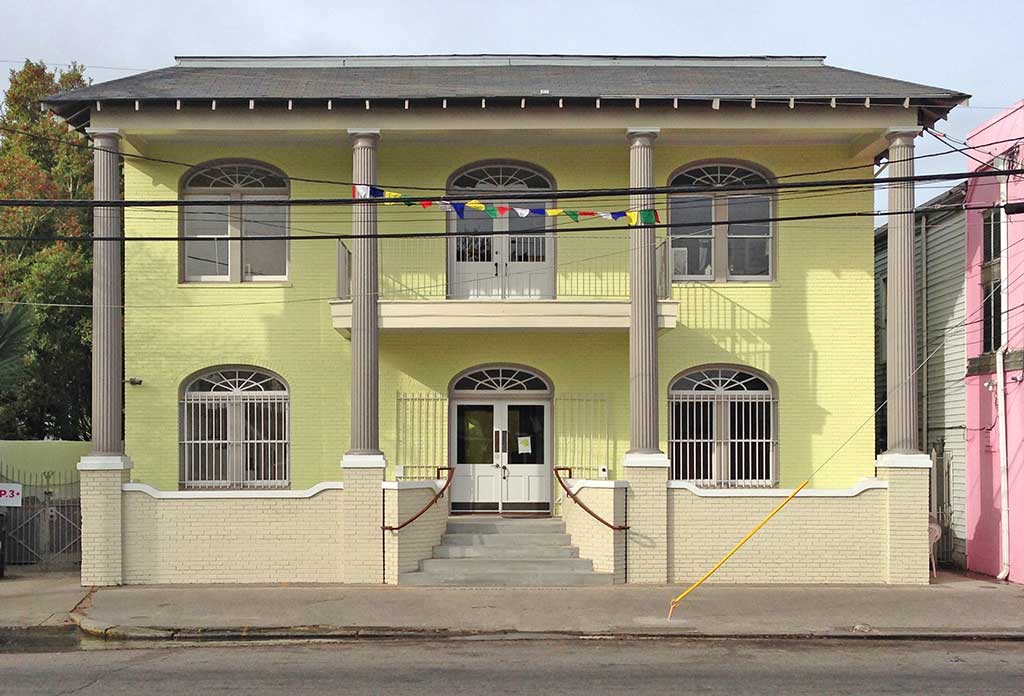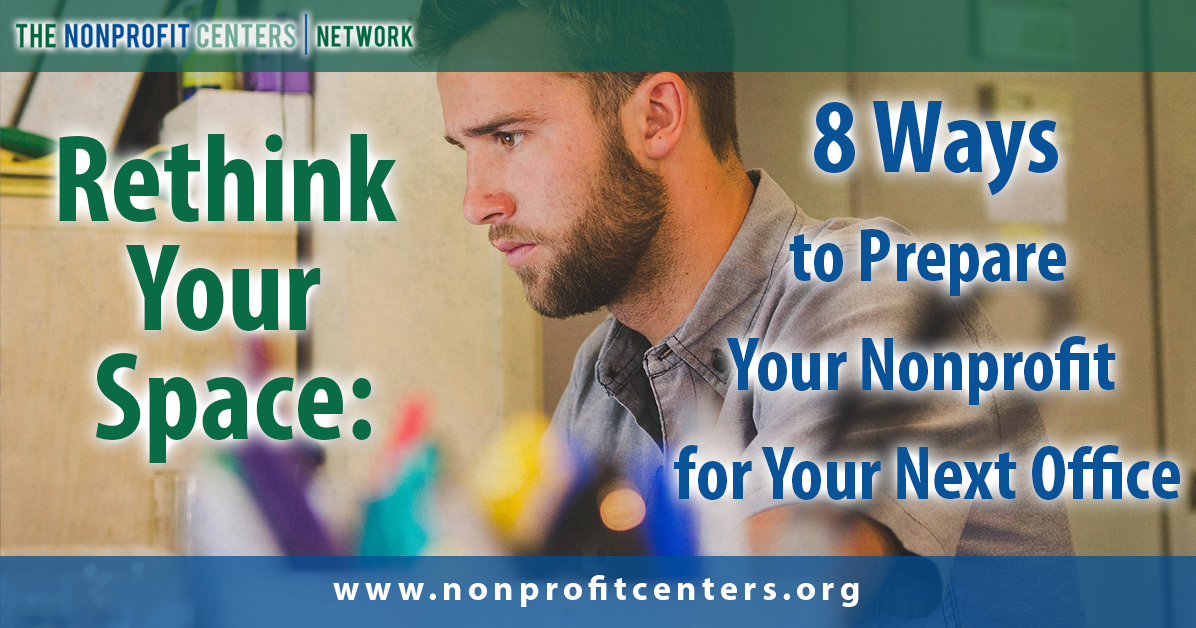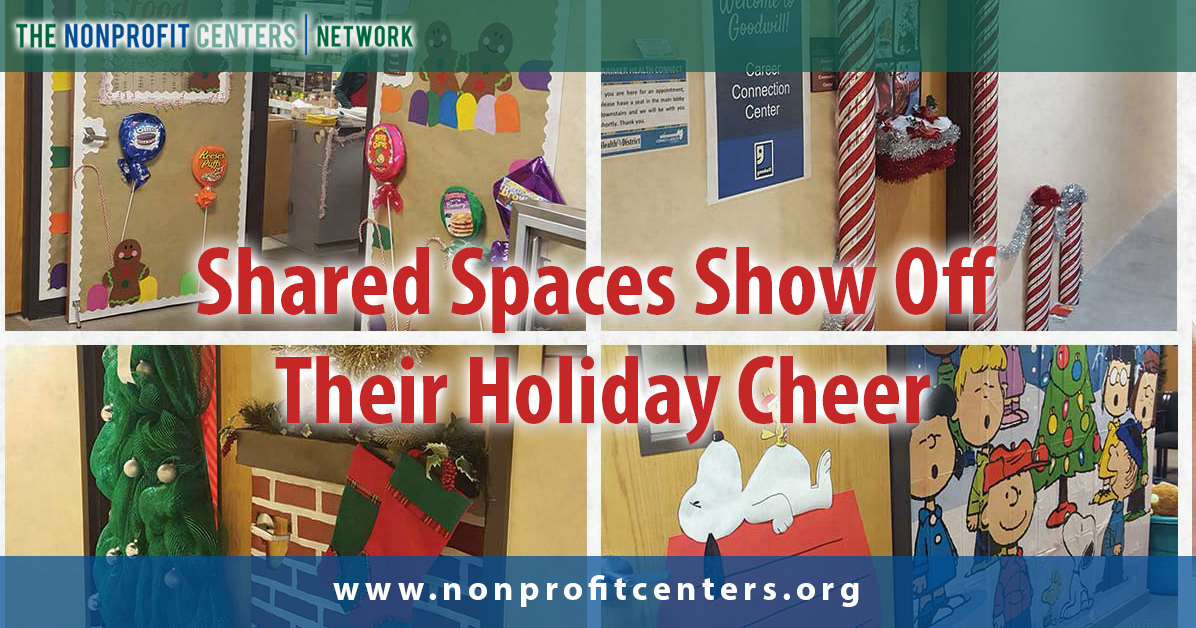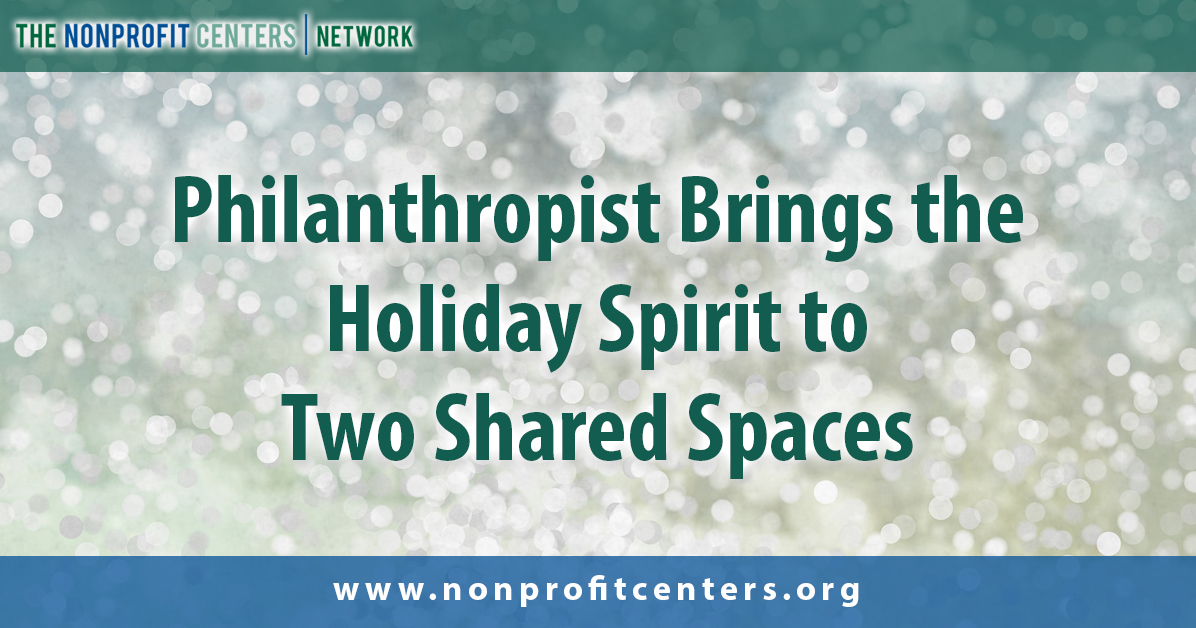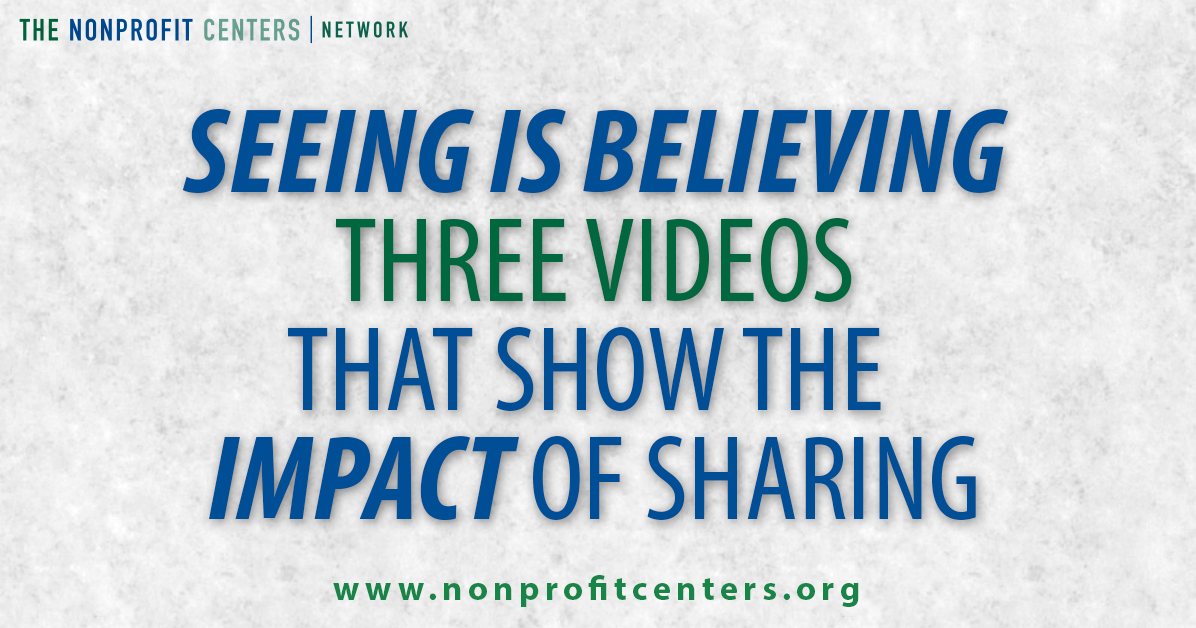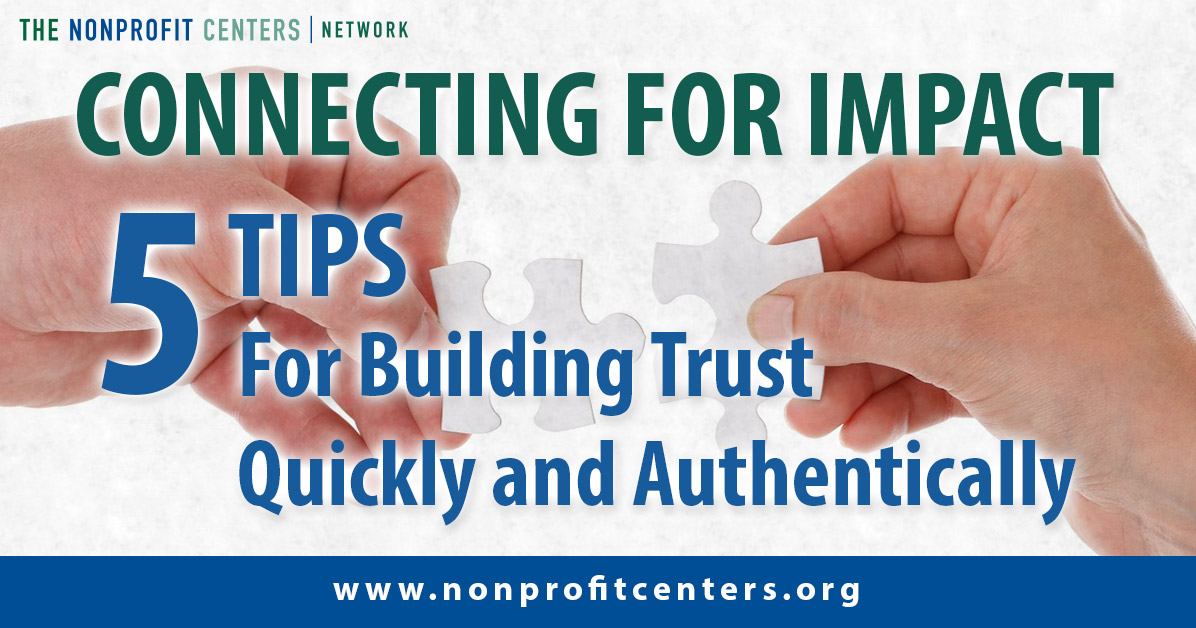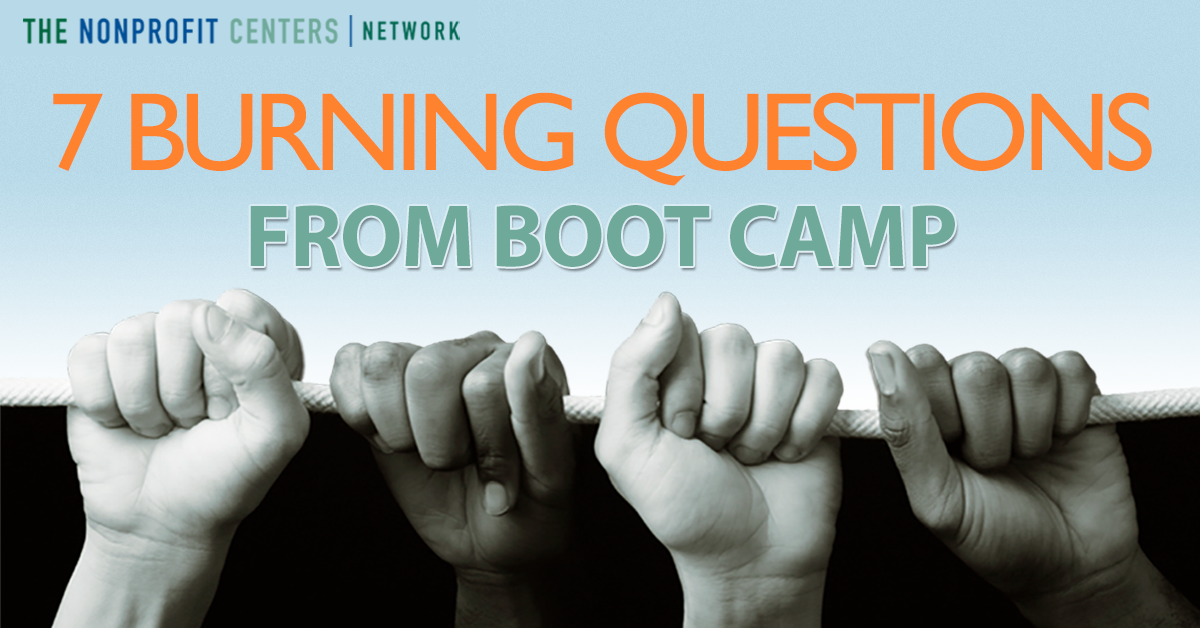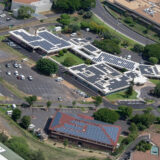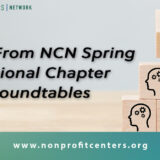The Alliance for Sustainable Colorado, the owner and operator of the Alliance Center, undertook a four-year “transformation” project of the 41,000 square feet building, constructed in 1908. In 2010, the five-story brick building, a former warehouse, was configured in a traditional, private suite layout that had little natural light and limited space for gatherings or collaboration. The renovation sought both to “create a cost-effective, high-performing building model” as well as to identify a replicable approach that could be applied to other commercial offices and historic buildings.
Arts Estuary 1024 is a multi-tenant arts facility in a renovated historic building. The center is located at 1024 Elysian Fields Avenue in the Faubourg Marigny neighborhood of New Orleans on the edge of the St. Claude Avenue Arts District. Arts Estuary 1024 supports a collaborative environment that fosters the growth and development of individuals and organizations dedicated to the creative arts and community engagement. The facility is primarily used as administrative space for local cultural organizations but can also accommodate meetings, gatherings, rehearsals, receptions, and events.
It’s happened. Your landlord isn’t going to give you the same deal on your windowless basement office as he’s given you for the last five years. You have twelve months to figure out where to move, and you don’t even know how to start. We talk to many Executive Directors in this position. Here’s some tips for you as you start the process.
The Lab is a co-working space in downtown Oakland designed to support visionary changemakers, artists activists, and social justice revolutionaries with the space to make their work easier and to keep them from being priced out of the San Francisco Bay Area. In addition to office space, members of the The Lab have access to a host of meeting spaces, outdoor patios, and technology offerings like videoconferencing. The space also features vibrant artwork by artists from member organization Culturestrike, including some of the groundbreaking social justice artwork of Favianna Rodriguez, our newest board member.
Over the past few weeks we’ve asked NCN members to share their holiday decor. Here are a few spaces that were in the spirit:
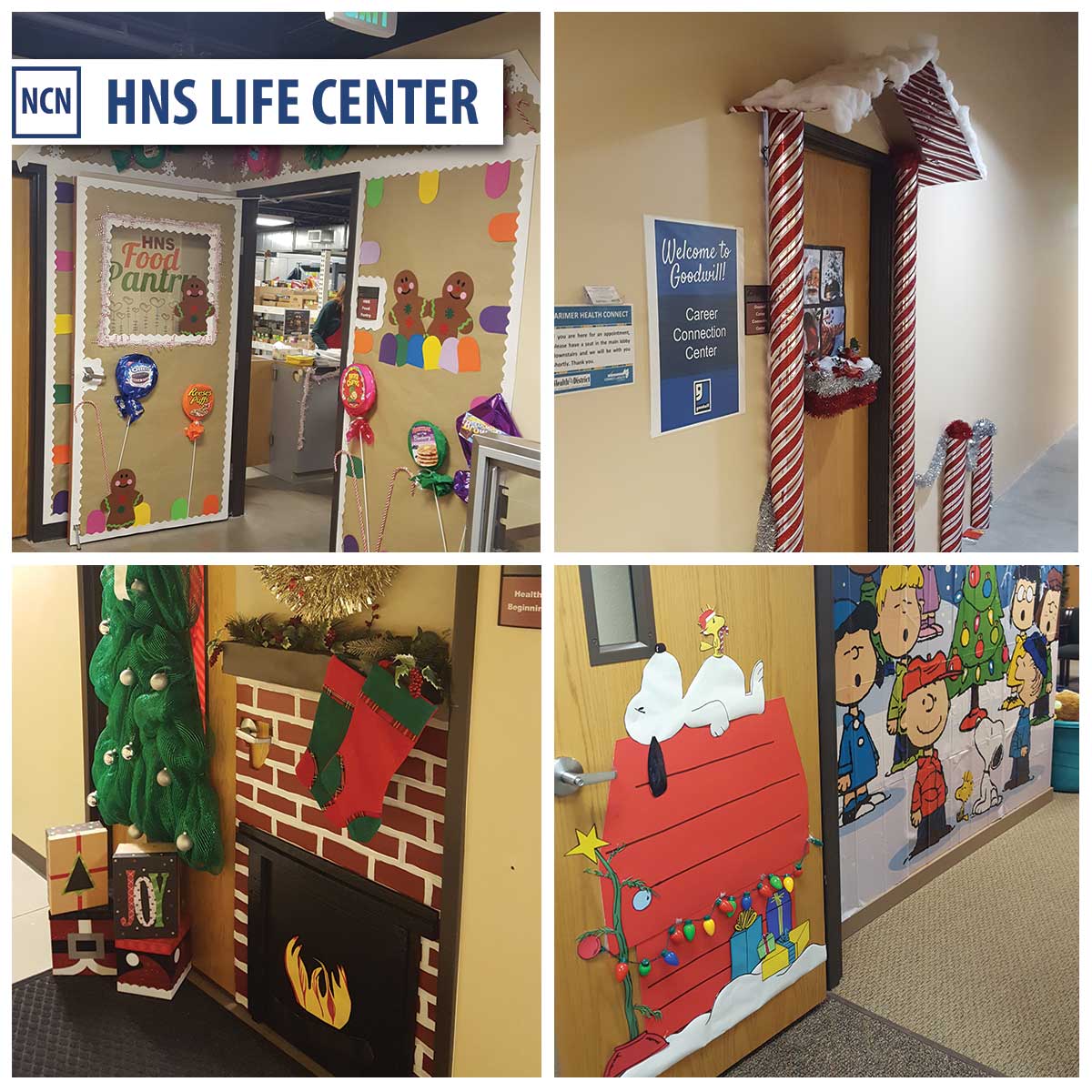
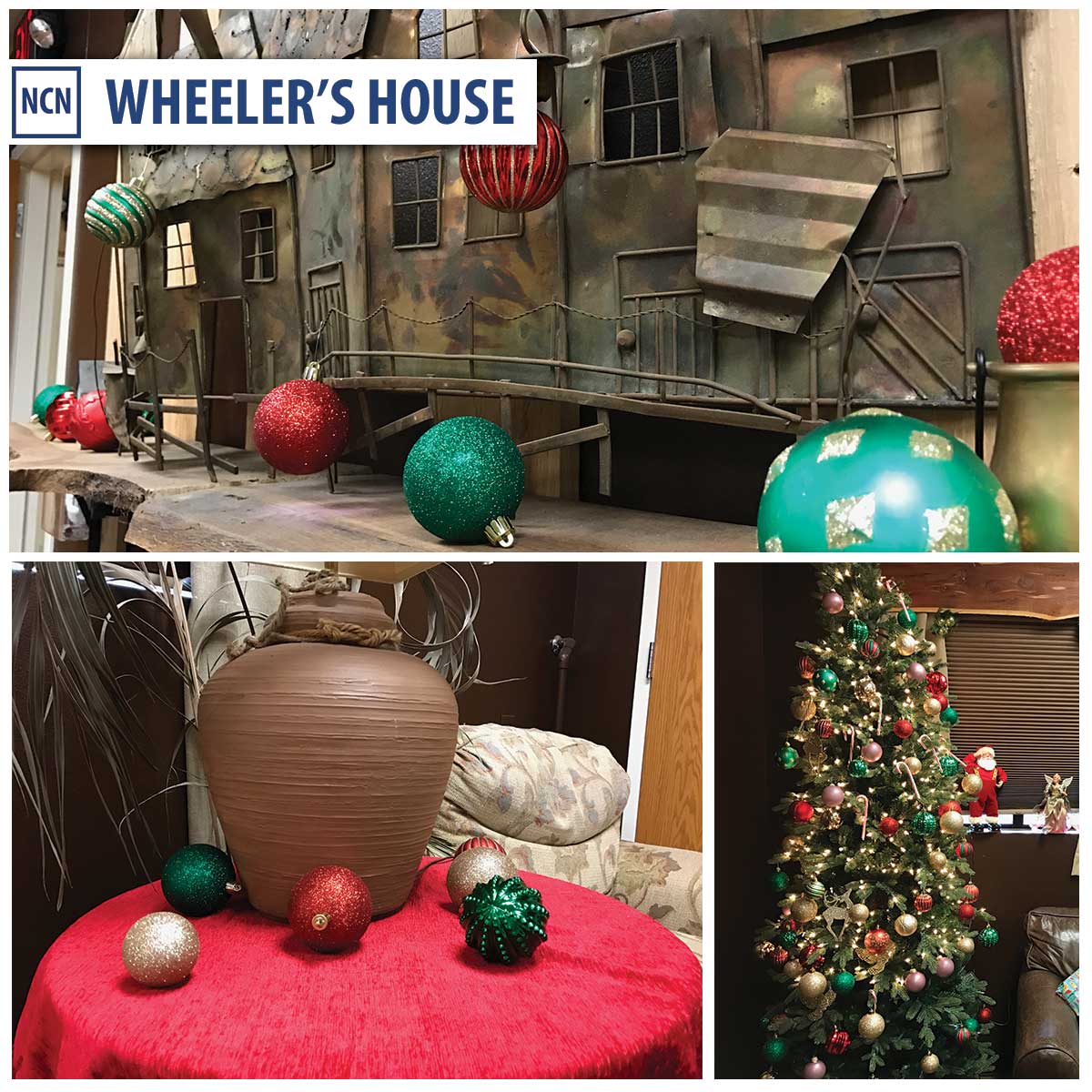
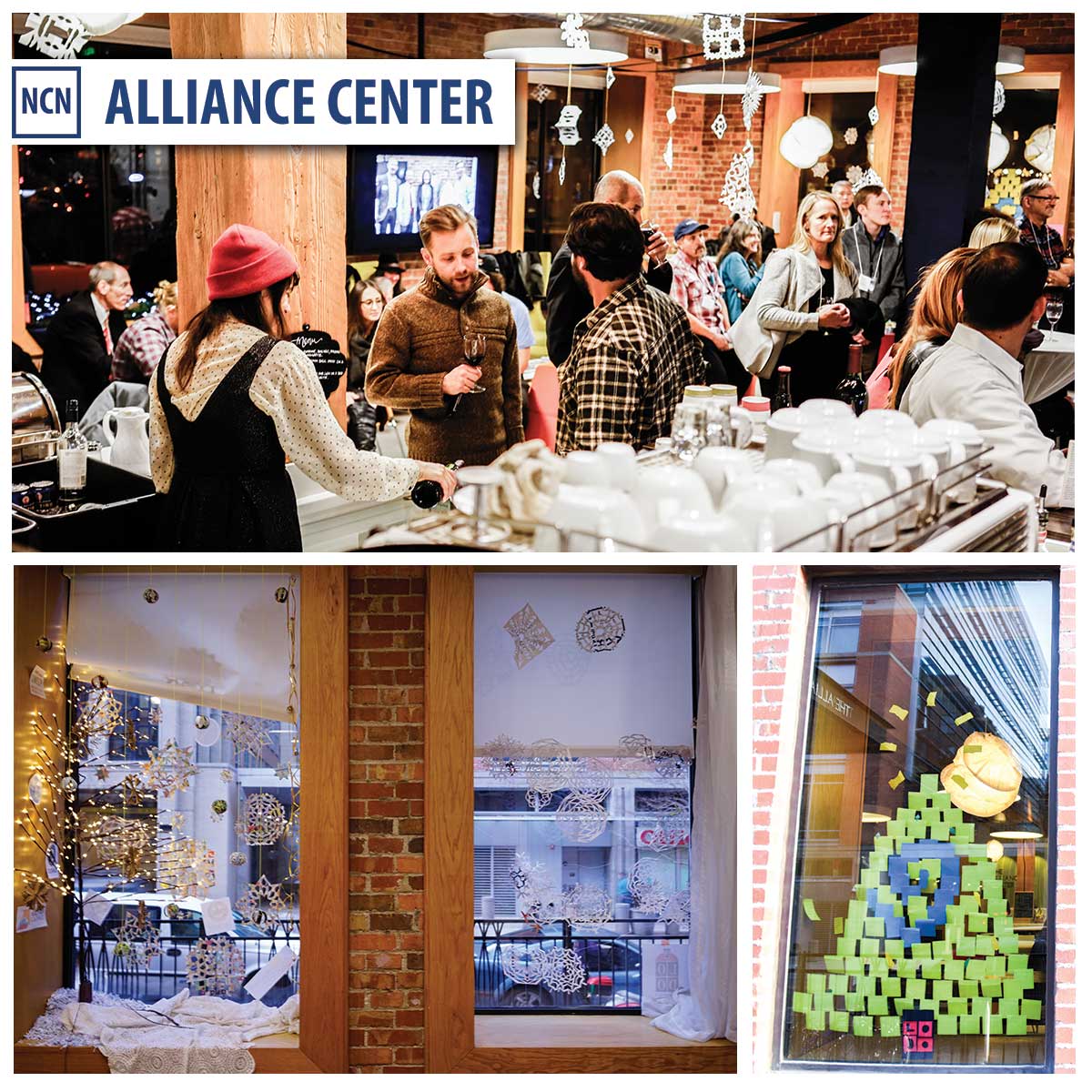
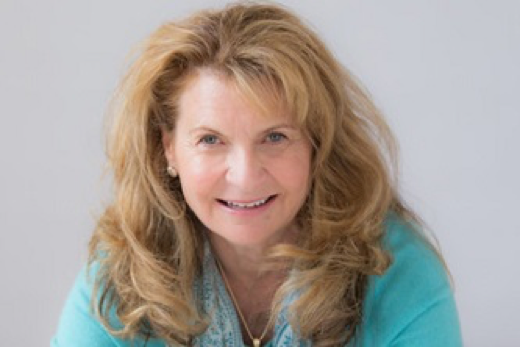
I first heard of Joanne Posner-Mayer when I was a consultant working with a fledgling shared space in Denver focused on international development in 2013. The project was in trouble. They had secured a lease for a building through the Denver Housing Authority, but it was a historic structure and the group needed to raise the funds for renovations and start-up costs. There was a gap between the projected costs and the actual costs and it wasn’t clear how the project could move forward. I remember thinking, another one bites the dust.
But I was wrong. The project succeeded because of Ms. Posner-Mayer and it is now one of the best examples of mission-driven shared space. Posner-Mayer is a Denver physical-therapist-turned-entrepreneur who invented the FitBall™, which is now ubiquitous in gyms and therapy rooms. She had deep roots with the Curtis Park neighborhood where the international development shared space center was being developed. Her father, a Polish immigrant, had a successful hardware store in that neighborhood. Ms. Posner-Mayer felt she could give back to the neighborhood that enabled her to achieve so much. I remember being so surprised at how it all came together – her contribution was truly pivotal to the center, the difference between life and death. Now in Denver we are lucky to have the Posner Center for International Development, named in honor of her family.
If that wasn’t tribute enough, a recent blog by the Rose Community Foundation reported that Ms. Posner-Mayer has been instrumental in another shared space project, the Rose Andom Center. The Andom Center is a one-stop shop for survivors of domestic violence and houses over 20 agencies in a central location. Previously, those affected by domestic violence had to travel to up to a dozen different locations to access services. Taking a client-centered approach will help stop the cycle of violence by improving rates of reporting abuse. Ms. Posner-Mayer contributed to the Rose Andom Center and is helping it establish an endowment so it can be financially sustainable for a long time to come.
I’m anxious to learn of other philanthropists who have embraced the shared service model as much as Ms. Posner-Mayer. In working with her at an NCN training event in 2015, we discussed the notion of mission-driven shared space centers as a kin to a mutual fund investment vehicle – invest in one shared space center and you’ve touched all the organizations who locate there. It’s a great way to address a pressing community issue in a holistic way. I’ve not heard of many who have invested in multiple centers, but I’d love to see it catch on.
At this time of year, it’s inspiring to think about the many ways our generosity can make a huge difference in people’s lives. The Posner Center addresses global poverty and creates opportunity for men, women and children around the world. The Andom Center is helping local Denver families find safety and peace. I can’t imagine a better example of what we all hope for in this holiday season.
If a picture is worth a thousand words, then what is a video worth? Here are a few of our favorite videos to showcase the model of sharing. Take a moment to check out three different models of shared space!
Theme Center: Posner Center for International Development
Denver, CO
Service Center: Together Center
Redmond, WA
Multi-Sector Center: Carroll Nonprofit Center
Westminster, MD

In the wake of the election, no matter who you voted for or if you were watching from the North, the results have shown the true polarities of opinions, emotions, classes, and struggles that American’s face. There was a large sum of individual voices mainstream media did not even pick up on in the polls. Whatever you believe or hoped, I am recognizing the need to acknowledge these unheard voices.
For many years, I’ve believed that building the trust necessary for collaboration takes time – weeks, months, maybe even years. While at the Stanford Social Innovation Review’s institute on Network Leadership, a presentation by David Sawyer and David Ehrlichman of Converge for Impact shook loose my perspective on the subject. Over the course of a two-hour session, I and over 300 participants were led through a series of exercises focused on what we could do to build trust for impact in our own networks. At the end, I was surprised, not only at what had been shared with me, but also at what I had shared with others, and how quickly we had found common ground upon which to build. Here are my top take aways from the session...
On Wednesday we experimented with a new format for NCN Boot Camp. In response to feedback about the high cost of travel to an in-person training, we decided to offer our introductory-level training in an online format. We had a great turn-out, even better than our in-person Boot Camp trainings. The curriculum covered most aspects of starting a nonprofit shared space, but it’s always interesting to see the kinds of questions and conversations that emerge during these trainings. I thought I would share some of them with you, along with our shortened responses. My burning question is: where do we start?!




